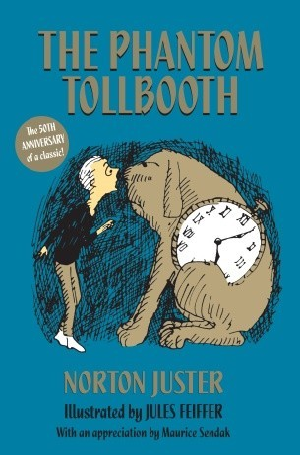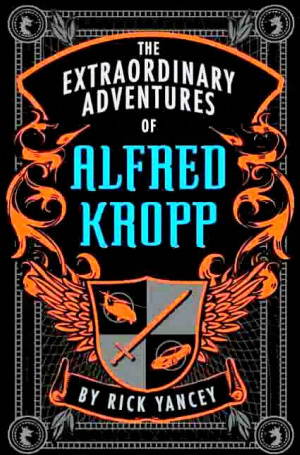
I interviewed Wayne Thomas Batson! (Author of The Door Within Trilogy, as well as The Berinfell Prophecies.) Here are his replies!
1. What was the first story you EVER wrote? And did it involve dragons, wyverns,
or any fantastical creatures of any kind? The first story I can remember was a Halloween short story for a contest back in the 6th grade. It didn’t have any dragons in it or wyverns, but there were freaky monsters and ghosts. I remember a scene where the main character triggered a trapdoor in one of the haunted house’s bedrooms and went sliding down a chute into a basement full of ghouls. Wish I could find the story. It would be a good laugh. Indeed, it sound fascinating. 🙂
2. As a Christian author, how does God being in your life influence your
writing? God has changed my whole worldview. And God is the creative Genius who fuels my stories. Honestly, I can just be riding down the road and POOF, a fully formed story idea zaps into my mind. Often, I scribble ideas on the back of my church bulletin because something in the sermon or in a praise song triggers a story idea. But then, as I work through the novel, I give a lot of thought to making the characters real, that they are challenged and struggle with things that Christians struggle with–and actually things that all humanity struggles with. I want my readers to be prompted to ask the BIG QUESTIONS of life. And I know that Jesus is the ONLY answer to those questions. Absolutely. The ever-present Sunday school answer (“Jesus!”) is usually the best.
3. It says on the back of your book that you teach Reading and English to
middle-schoolers. A. That is pretty much the bomb. B. Has having students
affected the way you write? Brilliant question. Seriously, my students have inspired my writing to the point where, if I hadn’t been a teacher, I don’t know that I ever would have been an author. I field test all my novels on my students to see if they like it. We have deep literary discussions that ROCK reading class like never before. To quote another author, “Kids are much more intelligent and perceptive than most adults give them credit for being.” And because of that, my students are a HUGE help.
I can’t help but agree: We young do tend to be quite wise…
4. Do you have any particular writing habbit? i.e. Drinking coffee, listening to
classical music, bursting into spontaneous bouts of Yoga? Diet soda for me. Protein Bars. I listen to progressive metal music, the more symphonic and cinematic, the better. It serves two purposes: 1) it’s loud enough that it blots out distractions and 2) it’s epic, which of course, inspires epic stories.
Yep. Whenever I think “Wayne Thomas Batson” my mind always gone straight to “metal music.”
5. What five adjectives best describe you? Mercurial, creative, introspective, fun-loving, and searching.
6. Has anybody ever told you that your Shelfari profile picture makes you look a
bit like an evil mustachioed Count?

Uhm…yeah, I’ve had people say similar things. I admit, it’s kind of a sinister look for me. I was just messing around with my Mac’s photobooth program, and I kinda liked the look. lol
I think I need to get me a Mac.
7. What is your favorite author/book/book series and why? Lord of the Rings. I could write a novel as to why it’s my favorite. In short, it’s an epic adventure that takes you into wondrous land full of interesting people. But there’s also something about the culture in the book that I LONG for, a simpleness of life, getting together with friends for a merry time, all things green and growing…ah, I often wonder if Heaven will be like that. I think the odds are pretty good. 🙂
8. What person has most inspired you in your writing? That’s really hard to say. I had a poetry teacher at a local college. She really helped me to understand the importance of language–even at the word level. Make your words count. Never settle for weak words–that kind of thing.
9. What is your best advice to the young writer/bloggers of this generation? Write. Seriously. If you want to write for a career, then read tons and write tons. Learn from other writers. What do they do to craft a cool story? Pay attention in school. All that grammar stuff…turns out, it really does matter.
10. What is your favorite Bible verse and why? I really don’t have “A” favorite verse. I have tons. But one of the ones I find myself reciting is Romans 8:38-39: 38 For I am convinced that neither death nor life, neither angels nor demons, neither the present nor the future, nor any powers, 39 neither height nor depth, nor anything else in all creation, will be able to separate us from the love of God that is in Christ Jesus our Lord. It reminds me that God’s hold on us cannot be broken by satan, by the troubles of this world, not even by ourselves when we are our own worst enemy–God will not ever let us go. Amen.
Amen.
Mr. Batson, thank you for doing this interview with me. And to all of you who enjoyed the interview, check out Wayne’s blog at http://enterthedoorwithin.blogspot.com






